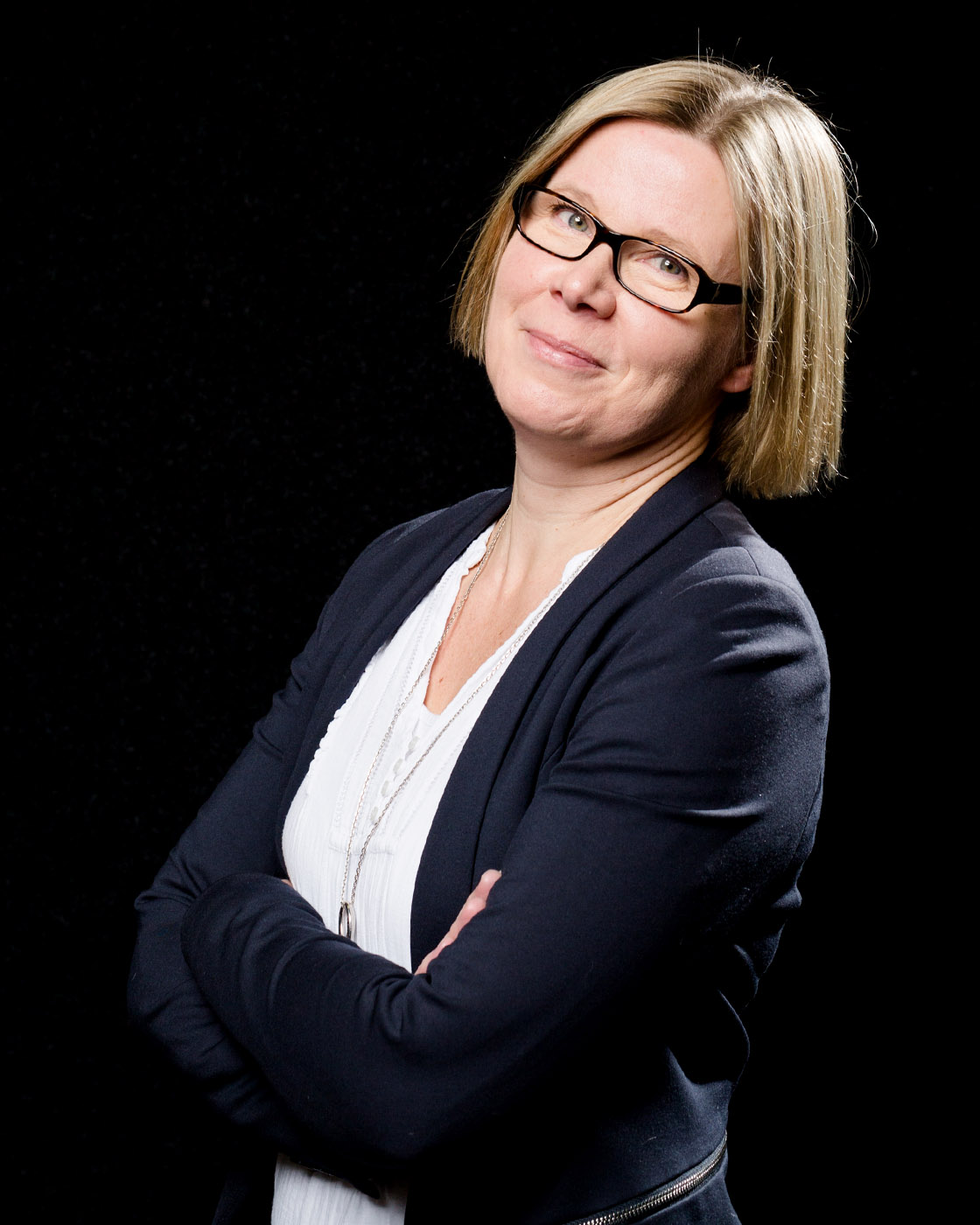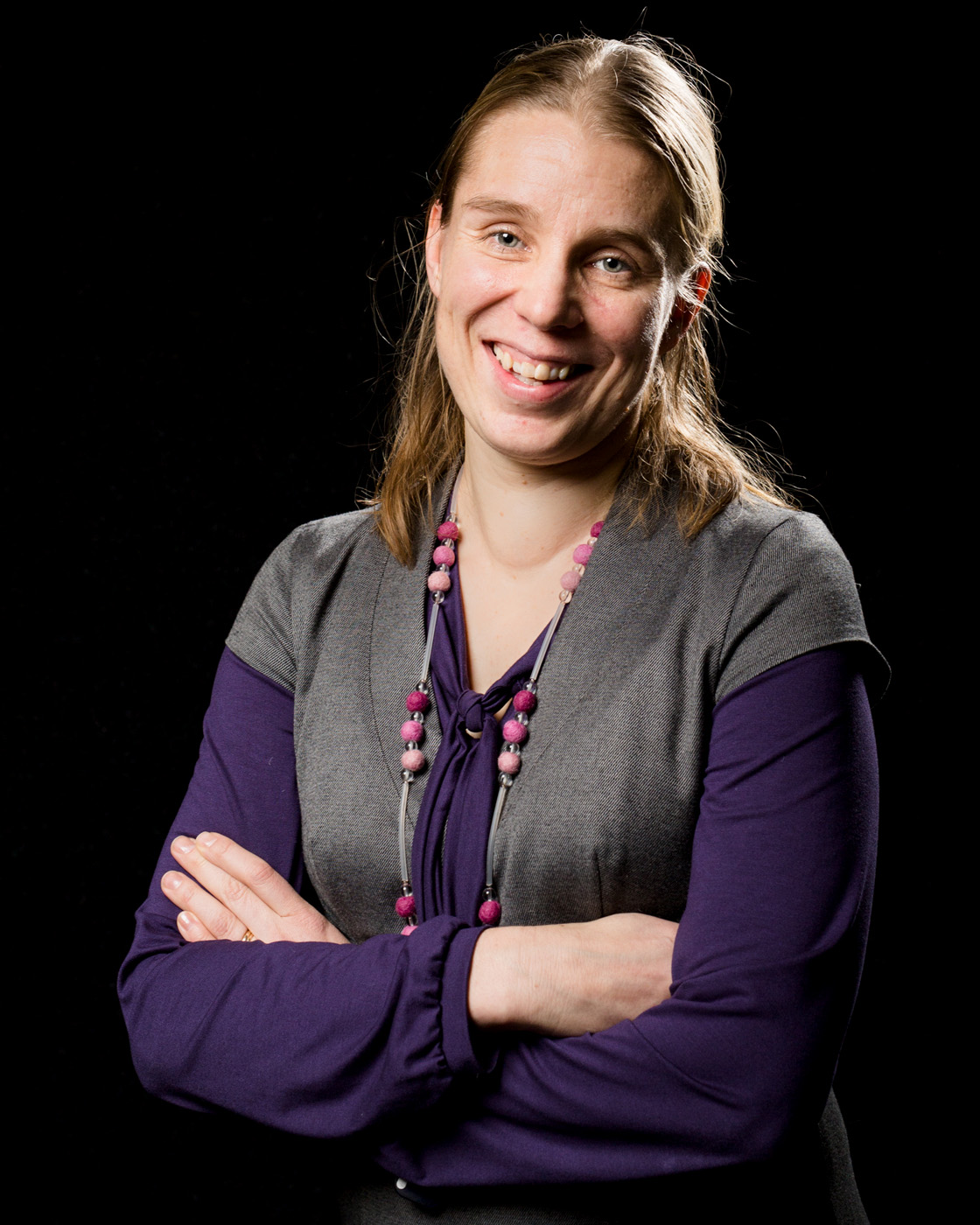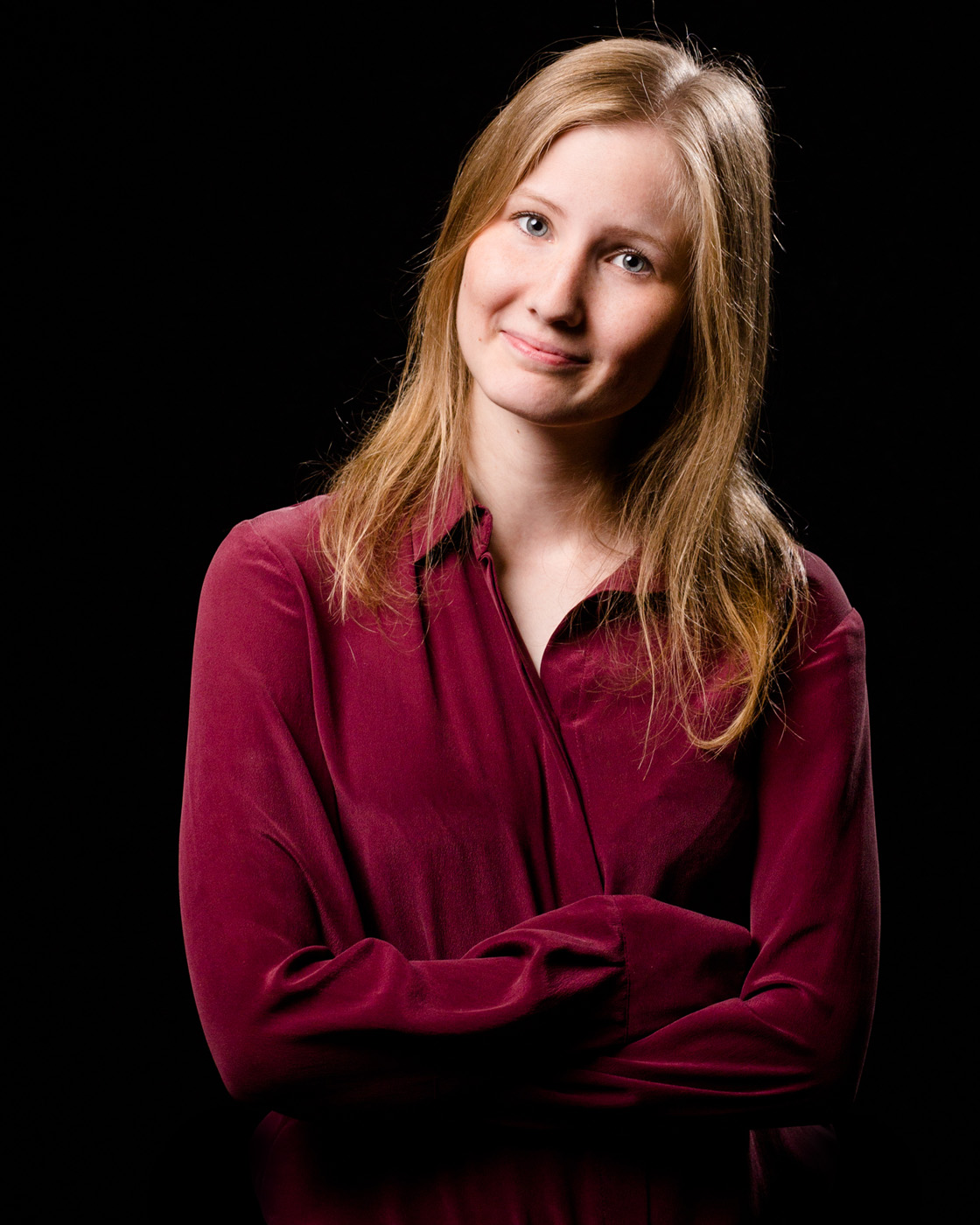SERRA – Raw materials from waste electrical equipment
The Department of Chemistry of the University of Jyväskylä is developing ways to recover critical raw materials from electrical waste to enable the recycling of precious metals and save virgin raw materials.
There is growing concern about the availability and adequacy of the raw materials required by the high-technology industry in Finland and Europe. It is possible to respond to this need by substantially improving the recyclability of raw materials. As waste material, waste electrical equipment is potentially one of the most valuable secondary sources of critical raw materials in terms of its metal content and amount.
The project promotes the circular economy by processing the raw materials contained in electrical waste to a form that can be used by industry. The innovations developed in the project can be used in the recovery of small quantities of precious metals, from both electrical waste and other waste streams. The research conducted by the project lays the foundation for a new kind of thinking in which industrial by-products and waste materials are valuable sources of raw materials.
What are we doing?
The SERRA project is conducting research on the processing of waste electrical equipment and neodymium magnets to recover the critical raw materials defined by the EU. The nature of the project is basic research.
Who are involved?
The Department of Chemistry of the University of Jyväskylä is implementing the project with funding from Sitra. The project is led by Senior Lecturer Ari Väisänen, who is responsible for the project entity and contacts with stakeholders. Post-doctoral researcher Siiri Perämäki is responsible for the practical implementation of the project together with research assistants Joona Rajahalme, Sanna Kangas and Anni Manninen. The project is closely linked with the WEEE demonstration plant project mentioned in the technical loops of the Finnish road map to a circular economy.
Where have we got to so far?
Research has been conducted by the project since June 2017. The overall hydrometallurgical process for electrical waste has already been defined and, at the moment, researchers are focusing on the efficient recovery of individual precious metals. New recovery technologies, especially metal scavengers, have proved to be potential options. The process, optimised on a laboratory scale, will be completed during 2018.



WHAT IS IT ABOUT?